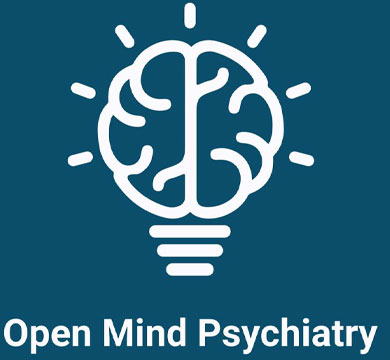
Psychotic Disorders Services
Psychotic Disorders Q&A
What are psychotic disorders?
Psychotic disorders are illnesses that cause psychosis, where your ability to tell what’s real or not breaks down. Psychotic episodes may happen occasionally, frequently, or continually, depending on the condition’s severity.
People with psychosis often experience delusions and/or hallucinations. Delusions are ideas that you believe in completely, despite them being untrue. Common examples include believing that people are following you or that there are listening devices everywhere you go.
Hallucinations involve seeing or hearing things (often people) that others don’t. You may hear someone who isn’t there talking to you, often giving you directions or saying unkind things about you.
What disorders cause psychosis?
The two conditions most likely to cause psychosis are schizophrenia and schizoaffective disorder.
Schizophrenia most often develops in early adulthood and may be passed down in your genes. It affects your thoughts, views, emotional awareness, and social communication. Schizophrenia causes severe, persistent symptoms that can make it impossible to lead a normal life.
Schizoaffective disorder is a condition where people with a mood disorder like depression or bipolar disorder also experience psychosis. Having hallucinations or delusions on top of depression can be a devastating combination.
How do I know if I have a psychotic disorder?
The difficulty with psychotic disorders is that patients often don’t realize there’s a problem. They see and believe what their senses and minds tell them and may be unaware they’re suffering from a mental health problem.
However, behavioral changes usually develop before psychosis. Warning signs include:
- Being overly suspicious or paranoid
- Difficulty with clear, logical thinking
- Social withdrawal
- Unusual feelings or emotional numbness
- Declining personal care
- Sleep disruption
- Difficulty communicating
- Sudden school or work performance slump
- Unusual ideas and obsessions
If these symptoms sound familiar, visit Open Mind Psychiatry for a comprehensive psychotic disorder evaluation.
How are psychotic disorders treated?
Psychotic disorders are often lifelong conditions requiring antipsychotic medication and ongoing care. Treatments that help you manage a psychotic disorder include:
- Individual or group psychotherapy
- Behavioral therapies
- Family support and education
- Medication management
- Psychosocial treatments
- Lifestyle changes
- Supported employment and education
Prompt diagnosis and expert treatment reduce your likelihood of suffering further psychotic episodes. Some patients never experience psychosis again; for others, psychotic symptoms return less frequently, enabling them to lead happy, fulfilled lives.
